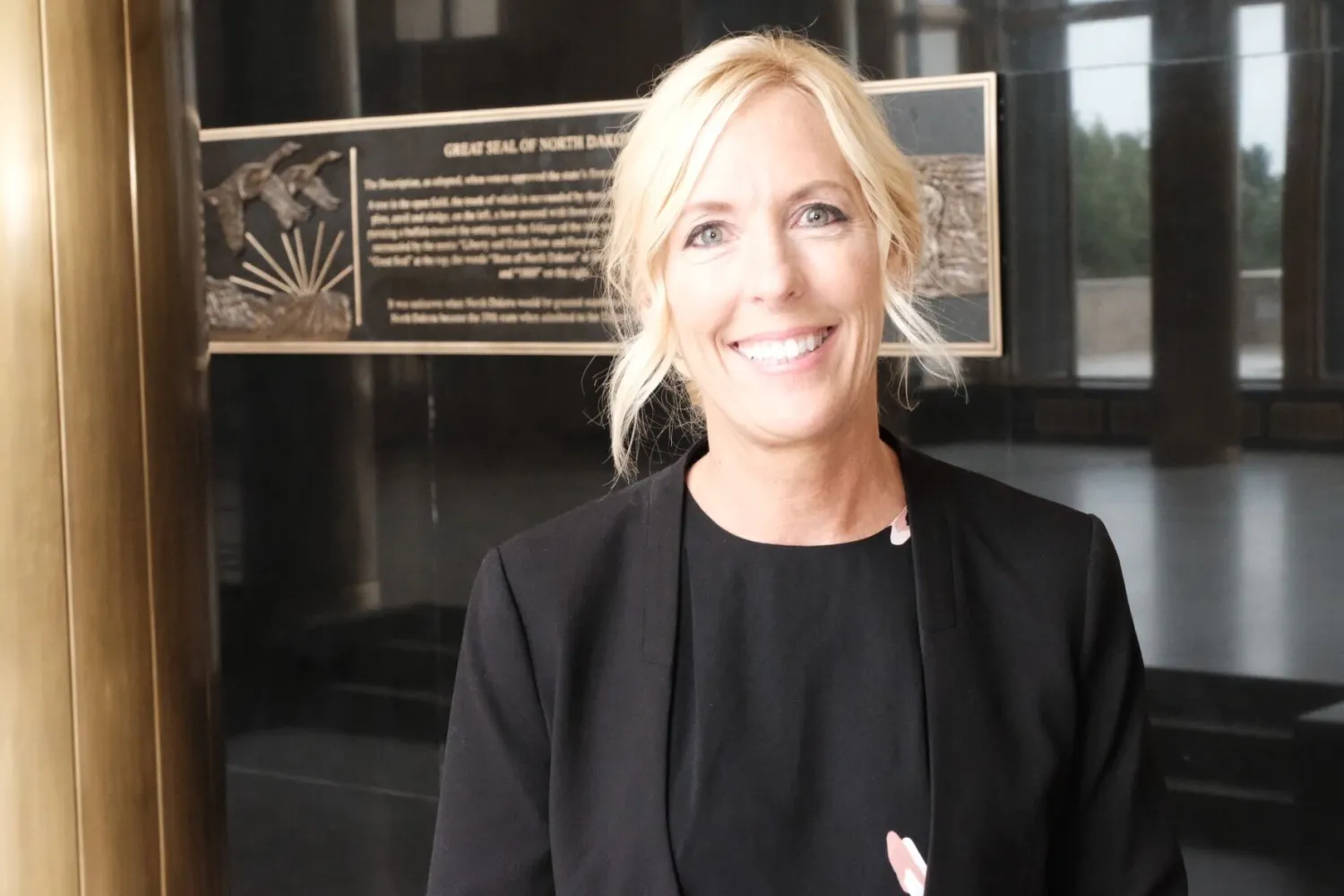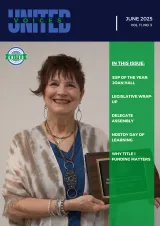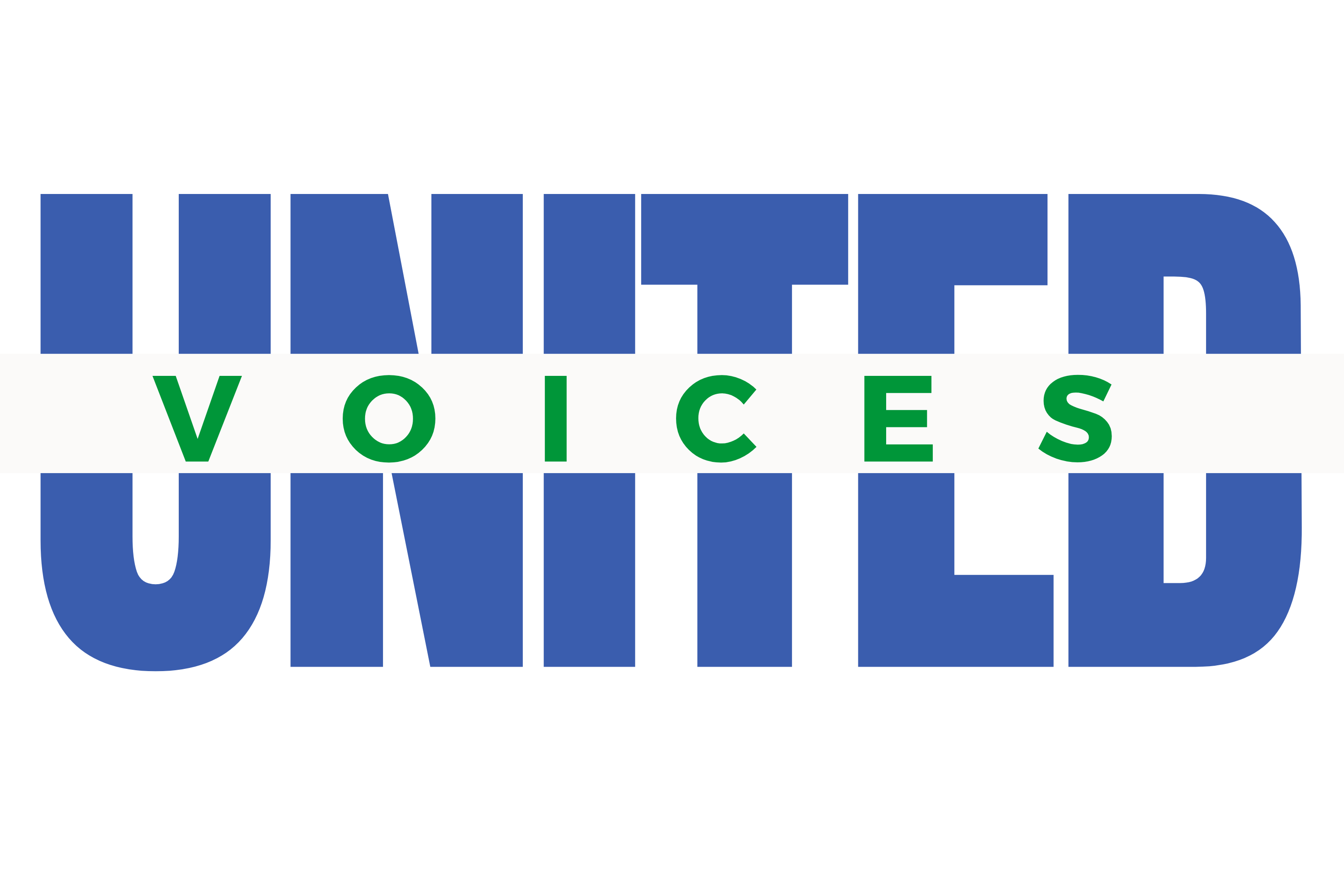According to an analysis by the Center for American Progress, 180,000 teaching positions could be lost, affecting 2.8 million students in low-income communities. This attack on public education, at the national level, will negatively impact our most vulnerable students, families, and communities.
In the 2023–24 school year, 260 schools across North Dakota received Title I funding. These critical funds allow us as educators to provide the necessary resources for students to overcome challenges as early in their education as possible. Cutting Title I funding would most harm the kids who are already facing numerous, substantial obstacles in their young lives. It would also put extra stress on the school staff who would need to add to their already heavy workload if funding for small-group instruction, interventionists, paraprofessionals and social workers is taken away. As a teacher, I can tell you: The needs are growing, not shrinking.
Title I funding impacts real kids with real lives, and the costs go well beyond academics. The funding is for the kindergartener who sat in my “Books & Braids” chair at 7:45 a.m., crying her eyes out about the police taking her dad to jail the night before. It’s for the student who said, “Mrs. M, I came to school today because I didn’t want to miss Run Club.” It’s for the student whose single parent works two jobs to make ends meet; who needs academic support not because of lack of effort, but because there’s often no one at home with the time or energy to sit down and help with reading or math.
It’s for the child in foster care who’s moved more times than we can count, carrying trauma that no eight-year-old should ever have to bear. It’s for the child whose parent is battling addiction, whose mornings are unpredictable, whose backpack might be empty, and whose heart carries far more than a young child should. It’s for the child whose family couldn’t afford preschool, who walks into kindergarten already behind; not because of ability, but because of access. And yes, it’s even for countless kids like my own son, who needed extra support beyond what the classroom alone could provide.
These are the faces of Title I. They are not just students, they are humans we teachers pour our hearts and souls into because we care so deeply about them and their families. These are students who deserve the same chance to succeed as anyone else, to build strong relationships with trusted adults, to gain confidence and skills, and to see a future that includes college or career opportunities. These students are why Title I funding matters and why protecting it should never be up for debate.
As teachers, parents and community members, it’s easy to feel overwhelmed and as if we have no power to make changes at the federal level. The truth is our collective voices do have power. There are small steps that we all can take as individuals, and we can also encourage our family and friends to do the same. By doing so, I promise, we all can make a big difference in this fight for our students in need! Here are a few ideas for how you can get involved:
- Contact your elected officials. Call, email or write a letter to your local and state lawmakers. Let them know why Title I funding and public education matter so much to you and your family.
- Post on social media. Share the amazing things happening in public schools and help others understand the very real impact of funding cuts to programs such as Title I. Our communities need to hear our stories about what’s happening in education, both the stories that make people smile and the challenges.
- Write a letter to the editor. Write a short letter to your local newspaper sharing your concerns about potential cuts to Title I funding. It can be scary to put your voice out there, so consider teaming up with friends or colleagues to write it together. Many people don’t realize where school funding comes from or how deeply those dollars impact students, schools and entire communities.
Fred (Mr.) Rogers once said, “We live in a world in which we need to share responsibility. It's easy to say, ‘It's not my child, not my community, not my world, not my problem.’ Then there are those who see the need and respond. I consider those people my heroes.” It’s time for all of us who care about kids, about community, and about the future to be those heroes and protect public education.

(Sara Medalen is an active member of both North Dakota United and the Minot Education Association. She works as a reading and math interventionist for Sunnyside Elementary School in Minot and was the 2020 North Dakota Teacher of the Year.)



